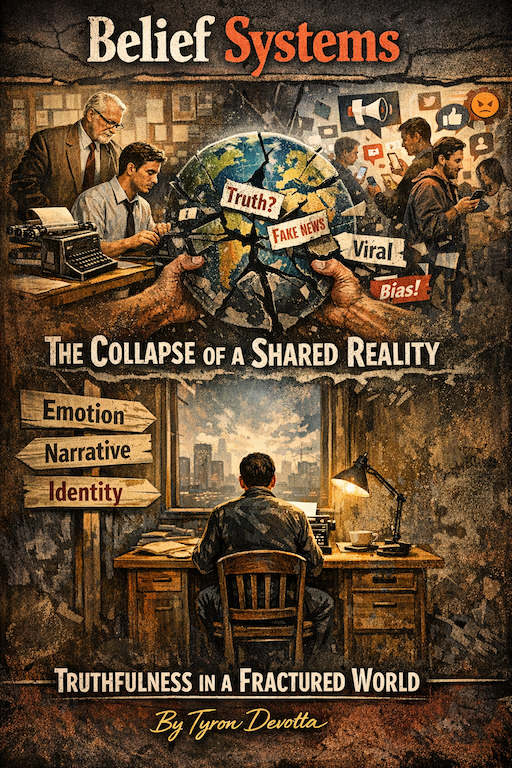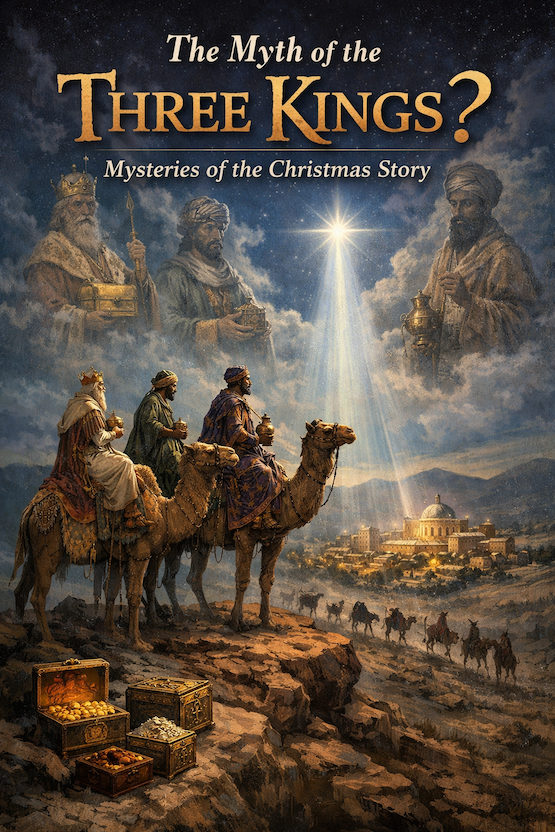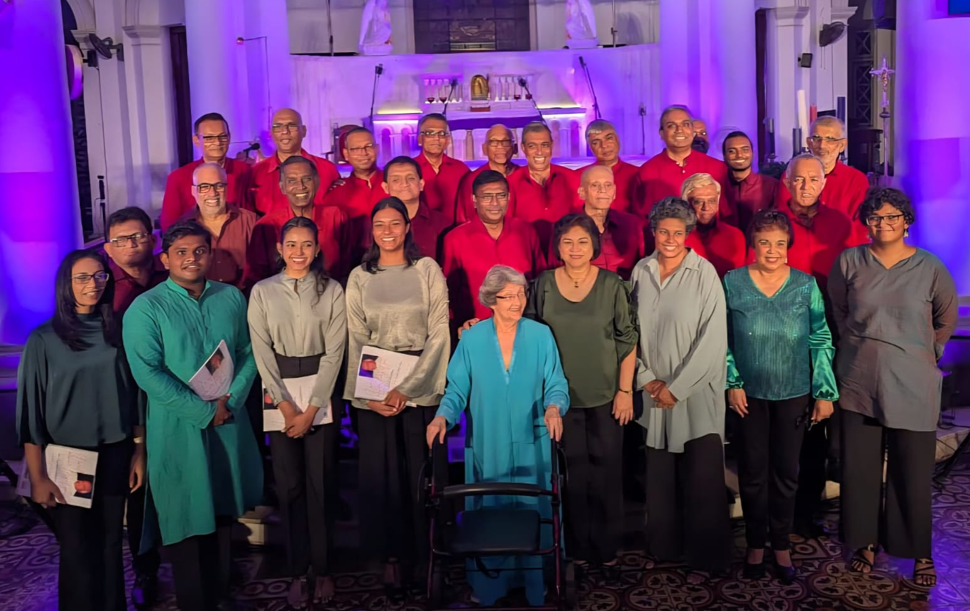by Tyron Devotta
For much of the twentieth century, publications like The Plain Truth magazine urged Christians to “watch world events” as a way of discerning the approach of the end times. Wars, earthquakes, economic collapses, or political shifts were all given prophetic weight, interpreted through the pages of Daniel and Revelation. This practice — sometimes called “end-time watching” — promised believers a sense of urgency and insight into God’s plan for history.
But for all its appeal, such prophecy-watching risks distorting the very heart of the Gospel.
Christ’s command to “watch” in passages like Matthew 24:42 — “Watch therefore, for you know not what hour your Lord does come” — is not an invitation to obsess over headlines or to decode geopolitical events like some esoteric puzzle. The context is about spiritual vigilance, not political analysis. Jesus’ warning was about readiness of heart: living in love, mercy, and faithfulness, because the kingdom of God is not of this world.
When Christians turn prophecy into a form of newspaper exegesis, the focus shifts away from the gospel’s central truth — Christ crucified and risen, calling His followers to love God and neighbor. Instead of being rooted in faith, hope, and love,it becomes a community consumed with speculation, fear, and often triumphalist fantasies about who will be vindicated and who will be destroyed. Jesus was the prince of peace and he came not to cause worry, or strife!
The irony is that Jesus explicitly refused to endorse this kind of speculation. When asked about the timing of the kingdom, He said plainly: “It is not for you to know the times or the seasons which the Father has put in His own power” (Acts 1:7). This verse appears during Jesus's post-resurrection appearances, as he is instructing his followers before his ascension, reminding them that certain knowledge, particularly regarding future events, belongs to God the Father alone.
1 Thessalonians 5:1–2. Now concerning the times and the seasons, brothers, you have no need to have anything written to you. For you yourselves are fully aware that the day of the Lord will come like a thief in the night. This is another verse in the Bible that reinforces that we cannot predict the times!
To chase prophecy in the headlines is to miss the point entirely.
Moreover, this obsession has ethical consequences. When believers claim that wars or disasters “must happen” to fulfill prophecy, suffering is trivialized. As Christians our compassion must not yield to fatalism. The gospel, which should be good news for the broken and marginalized, is turned into a code for insiders who believe they alone can read the signs correctly.
The true “watching” that Jesus demands is watching over our hearts, our communities, and our service to others. It is watching for opportunities to bring peace, not justify violence; to embody forgiveness, not predict vengeance; to witness to Christ’s love, not to interpret every conflict as the end of the age.
The great commandment remains unchanged: to love God and love our neighbor. Any theology that draws Christians away from that commandment, however fervent or prophetic it may seem, is a distortion. The gospel is not about reading world events as a countdown to doom. It is about living faithfully in every age, knowing that Christ’s kingdom is already breaking into this world — not through political upheaval, but through lives transformed by grace.
Footnote: Few twentieth-century religious publications carried the same weight in shaping apocalyptic imagination as “The Plain Truth” magazine. Founded in 1934 by Herbert W. Armstrong, leader of the Worldwide Church of God, the magazine was not simply a Christian devotional. It was a lens through which global politics, wars, famines, and even economic shifts were interpreted as signs of prophecy. Distributed freely, it grew into one of the world’s most widely read religious periodicals, reaching millions at its peak.
Central to its message was the practice of “watching.” Drawing from Christ’s warning in Matthew 24 — “Watch therefore, for you do not know what hour your Lord is coming” — Armstrong and his writers urged readers to stay alert to unfolding world events. Watching, in this sense, was not mere observation but a theological act: an attempt to decode history in real time against the prophecies of Daniel and Revelation. Each headline — whether about the Cold War, Middle Eastern conflicts, or economic tremors in Europe — was treated as a potential marker of the approaching end.
This culture of “end-time watching” profoundly shaped the mindset of its readers. To them, the world was not moving randomly but toward a divinely ordered climax. The role of the Christian, therefore, was not to disengage but to remain spiritually awake, discerning, and prepared. The Plain Truth transformed vigilance into a religious duty.
Today, although the magazine no longer circulates in its original form, its legacy lives on in many evangelical and prophetic traditions. The habit of scanning the news for signs of Christ’s return — what some call “newspaper exegesis” — owes much to Armstrong’s relentless call to interpret the world through an apocalyptic lens.
In the end, The Plain Truth reminds us how powerful religious media can be in shaping not only faith but the very way believers watch history unfold.
Full Disclosure: In the late 1980s and early 1990s, I was an active member of the World Wide Church of God here in Sri Lanka which operated out of a large house in Colombo 3. And it was not simply about end-time watching; it was about adopting a lifestyle modeled closely on the Old Testament. We kept the Sabbath diligently, followed the clean and unclean food laws, and rejected traditional Christian festivals such as Christmas and Easter. Instead, we observed the biblical holy days: Passover, the Day of Atonement, the Feast of Booths, and others.
In many ways, this was a valuable experience. It gave me a deep understanding of Old Testament worship, discipline, and obedience to God’s law. Yet, for all its rigor, something vital seemed to be missing. The spirit of Christianity — the grace and love at the heart of the gospel — was not fully alive within it. Over time, that absence became telling. After decades of existence, the church eventually collapsed from within. In my opinion, it could not justify its existence apart from the spirit of Christian love. Others may see
its decline differently, and I respect that, but this remains my summation.
When new leadership emerged and began preaching a message starkly different from the one the church had long followed, it caused a schism. Some members accepted the change; others resisted and formed breakaway groups. One of the powerful draws of the World Wide Church of God during my time was its sense of exclusiveness. We were taught that we were set apart, separate from the rest of Christianity. This mindset, while seemingly rooted in biblical teaching, easily fed into natural human pride. And pride, when mixed with faith, can distort worship.
Coupled with this was our obsession with “watching” world events, connecting them to scripture as though we had a secret key to understanding the times. Many of us felt confident that we could predict the Great Tribulation and even escape it. There was talk among members and ministers about Petra, in Jordan, being the “place of safety” where the faithful would be sheltered during the end. Looking back now, I cannot see how such claims could ever have been justified.
What remains clear to me is that zeal for prophecy and exclusiveness, when not grounded in the spirit of Christ’s love, can ultimately undermine a community. That, more than anything else, explains why the doctrine of this church could not endure. (TD)
I have been an investigative journalist in the mainstream media, not a Bible scholar, pastor, or preacher. So when I write about the Bible and Christianity, I do not do so with the sensitivities of a congregation in mind. My reflections may sometimes sound blunt, even maverick, and at times jarring. For this, I ask forgiveness.













